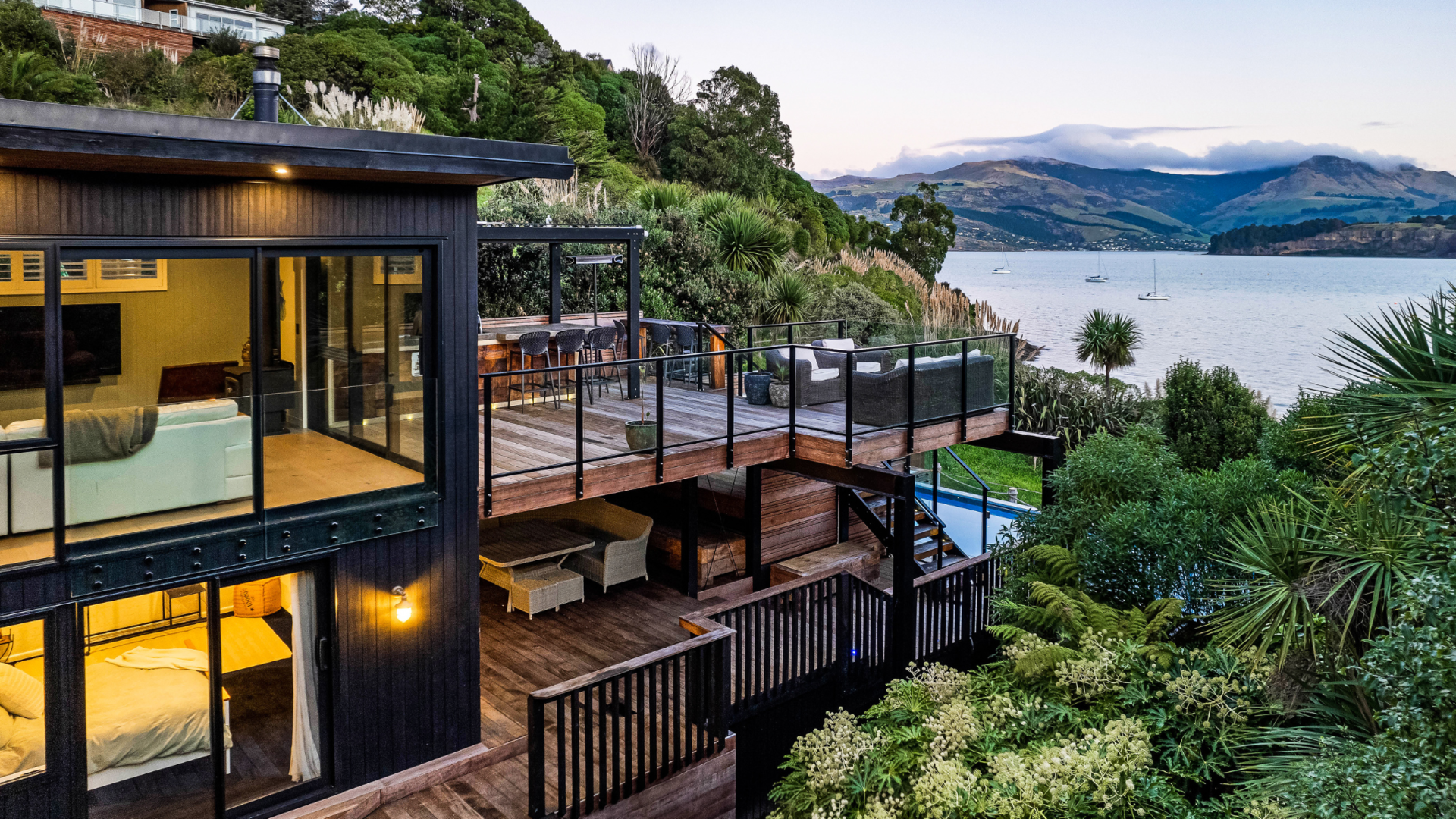




The luxury real estate sector is perhaps the sector of the real estate market that is most subject to change. It is also often the first to feel the pinch when the economy turns. The top end of the market is owned in a majority sense by business owners, entrepreneurs, and high-level income earners. When the economy turns, these property owners are more than likely to concentrate and put their money into their own businesses or in their reserve in case of adverse economic effects.
When there is volatility in the cash rate and it is high, these luxury homeowners leave their money in the bank while enjoying great returns. The byproduct of this is a slowing down of the luxury real estate market, as these types of properties are less likely to change hands.
When the rate of cash flow to the wealthy slows down and their wealth drops, they have less disposable income and they spend less. When there is less spending, there is less business profit. When there is less business profit, it leads to layoffs, and affects the lower-middle sector of the real estate market. It is for this reason that the luxury real estate market feels the pinch first, as the aforementioned process of lower profits, less expenditure, and layoffs has to take place first before lower portions of the market are affected by these factors.
Also, luxury homeowners are less likely to have the need for change in their home-ownership status in different economic situations. Most often, these owners are happy in their luxury homes already, and any property purchases or sales that occur in more favorable economic periods are often choices, rather than decisions made out of necessity and lack of funds. Generally, these high-end homes are bought without a mortgage and with cash, eliminating further the need for changes to home-ownership status in unfavorable financial periods.
Conversely, when the economy is stable and luxury homeowners are in advantaged positions, they buy. They buy luxurious, exotic cars, and upgrade and purchase their homes. As they are likely to be less frugal with their spending in these situations, the luxury market picks up again as these homeowners experience a desire for change or see investment opportunities.
Additionally, when the economy is good and money is cheap, those who cannot usually afford luxury properties are more likely to buy them, providing another reason for why the luxury market is the first to be affected at the turn of the economy. The luxury real estate market is the first to experience these changes in favorable economic situations, again as a result of the aforementioned process regarding business profits, the ability to hire more staff, and having a higher rate of expenditure.
In conclusion, the luxury real estate market serves as a barometer for economic shifts, reacting promptly to the financial strategies of business leaders and high-income individuals. Understanding the intricate relationship between economic volatility and high-end properties is essential for navigating this exclusive sector. Whether in times of uncertainty or prosperity, the luxury real estate market offers insights into the broader economic landscape, unveiling trends that reverberate across different segments of the real estate market.
Q1: How does economic volatility affect the luxury real estate market?
Economic volatility can lead to a slowdown in the luxury real estate market, primarily affecting high-end properties as wealthy individuals tend to concentrate their resources in their businesses or reserves during uncertain economic times.
Q2: Why is the luxury real estate sector more susceptible to economic changes?
The luxury real estate sector is often owned by business owners, entrepreneurs, and high-level income earners who, when faced with economic downturns, are more likely to prioritise their businesses or reserves over property transactions.
Q3: What role do business owners and high-income earners play in the luxury real estate market?
Business owners and high-income earners dominate the luxury real estate market. Their financial decisions, influenced by economic conditions, significantly impact the buying and selling patterns in the high-end property market.
Q4: How do economic stability and favorable conditions impact the luxury real estate market?
In stable economic conditions, luxury homeowners are more inclined to make property investments, leading to increased activity in the luxury real estate market. Favourable economic circumstances also open up opportunities for individuals who typically cannot afford luxury properties to enter the market.